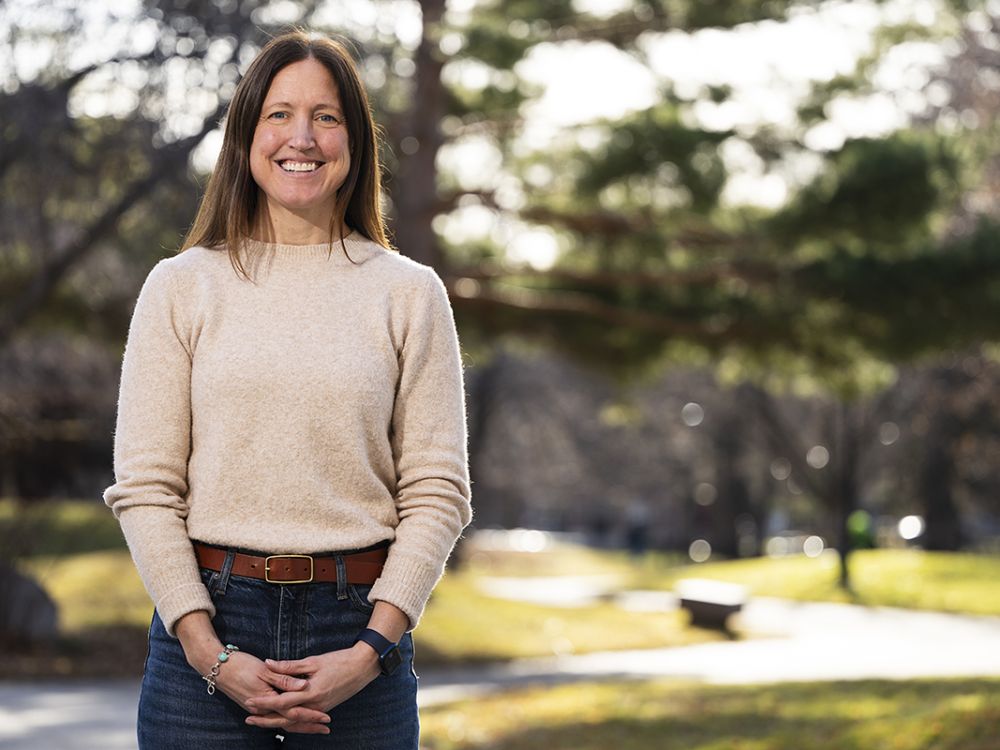Northern Ontario has lived the consequences of a forest sector built around a single customer and a narrow set of commodity products. From Kapuskasing to Dryden, mill closures and curtailments have forced communities into a cycle of reaction rather than renewal — responding to external shocks rather than shaping their own economic futures. … For decades, Canada built its forest economy around a single export market and a narrow set of commodity products. That strategy has now been exposed as dangerously fragile. …Ironically, today’s global uncertainty has created a once-in-a-generation opportunity. … Capital is mobile, and companies across the biofuels, biopower, renewable chemicals, and advanced materials sectors are actively looking for stable
jurisdictions in which to build new production facilities. …Canada, and Northern Ontario in particular, should be well positioned to compete. …One of the most overlooked pieces of industrial infrastructure is investment-grade data and intelligence.

